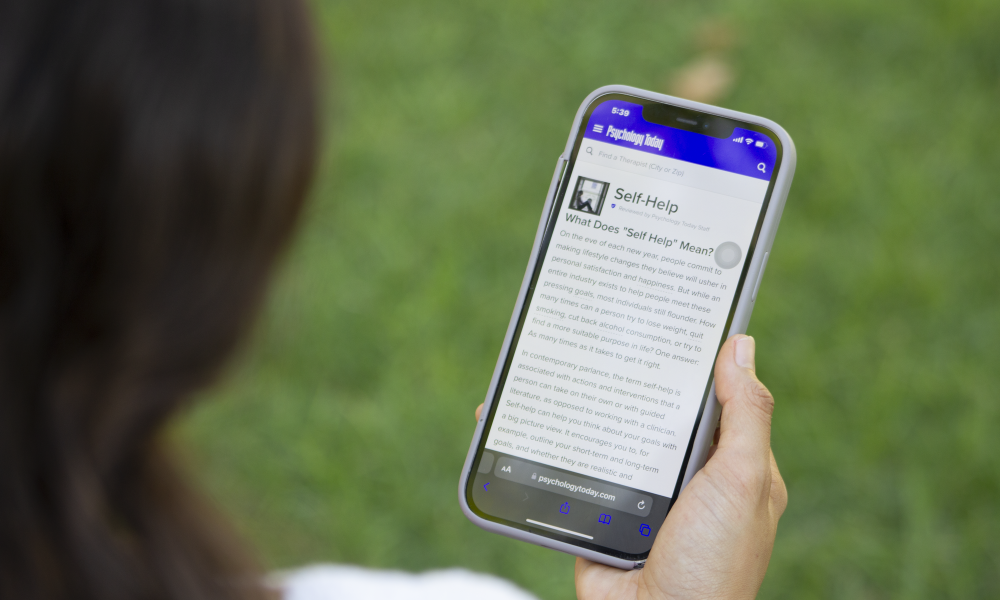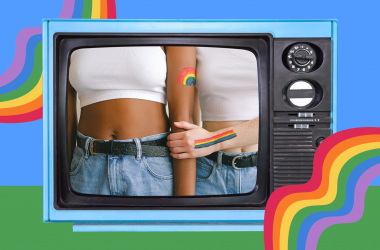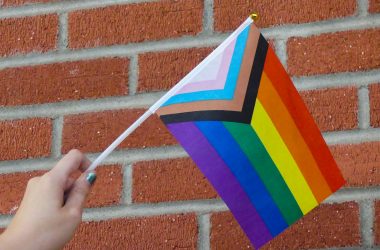Depending on what area of the internet you roam, there runs a big risk of exposure to toxic culture, cyberbullying, unrealistic body standards and misinformation.
Many people addicted to social media may not realize it until they break or lose their phone; that is when they become anxious and irritable, unsure of what to do with themselves. Not everybody gets addicted to constantly checking their phone, but it is a lot more common than you think.
Not only is the content on social media an issue, but consuming it could develop into an addiction. Mindlessly scrolling through apps like TikTok and X can be very desensitizing. One second you might be watching a funny video and then the next you are watching something sad.
This isn’t normal for humans; our brains are not programmed to handle that range of exposure and emotion in such a short amount of time.
With social norms constantly evolving, social media passes words and information around quickly. Not only is the content online being thrown at us faster than we can blink, but it is also toxic content that is being spread much too casually.
There is a wide variety of not-so-healthy content on social media every day; however, the opportunities that social media can provide for us have made a lot of lives exponentially easier.
Social media platforms allow us access to connection and support without physical interaction, which can ease anxiety for many.
For those with depression or social anxiety, leaving the house can be a big challenge, making it difficult to make friends or experience new things. People now have the ability to talk to others who might feel similarly on social media, letting them know that they are never alone.
The option of anonymity also makes many social media platforms a comfort zone for people. Online support groups, virtual therapy and free digital books are awesome resources and great tools for gaining perspective.
The information and support systems that we have available to us nowadays were once non-existent for past generations; this gives the younger generation the upper hand.
People can learn about dialectical behavior therapy and other coping mechanisms using social media platforms or anonymous question-and-answer sites. In addition, when others decide to share their experiences with mental health online, others are able to identify and relate, sometimes leading to progress in their own mental health journey.
If used properly and responsibly, social media can be extremely helpful when forming connections and learning things you can’t always get in a classroom.




